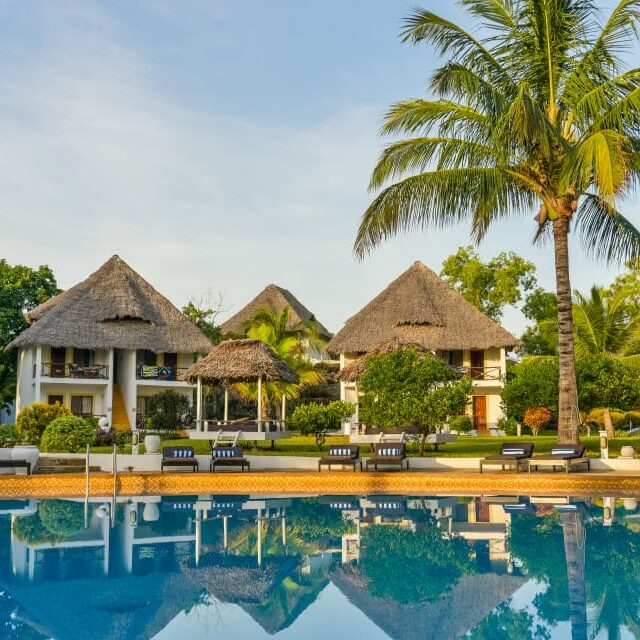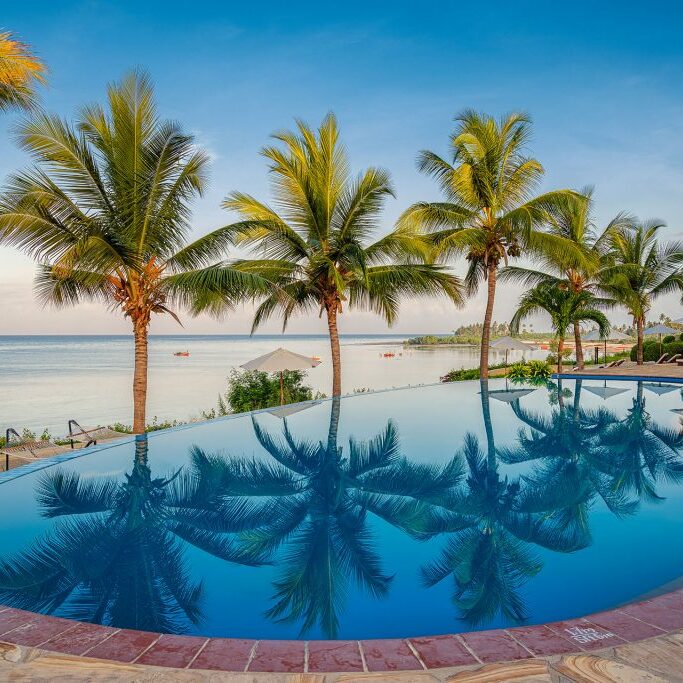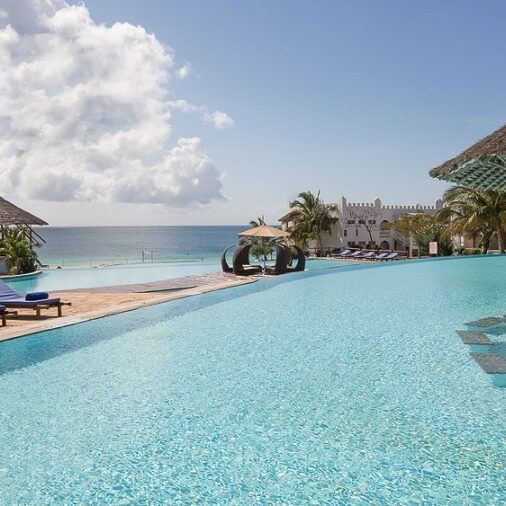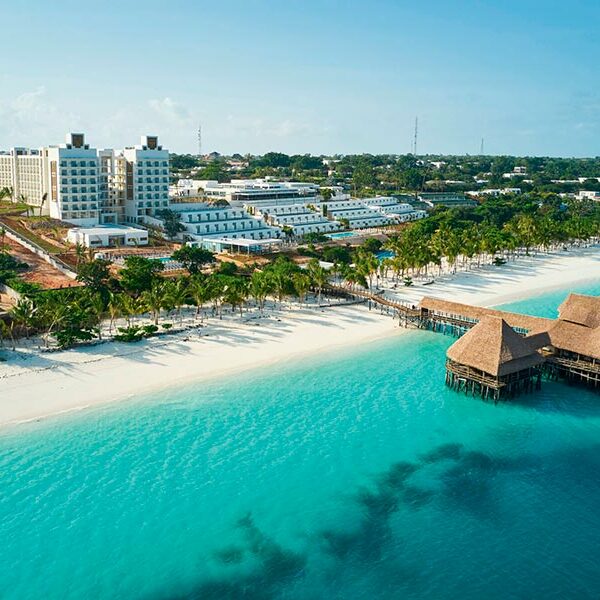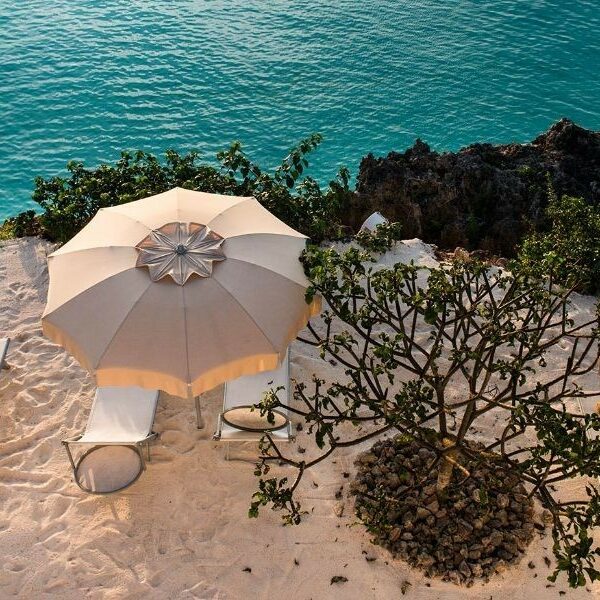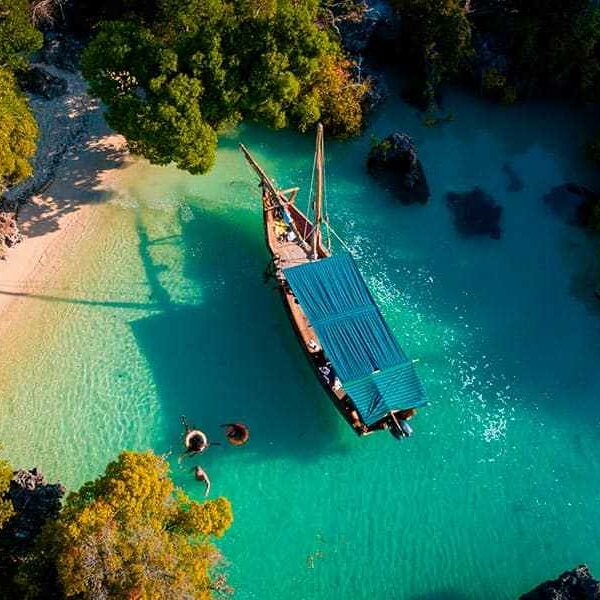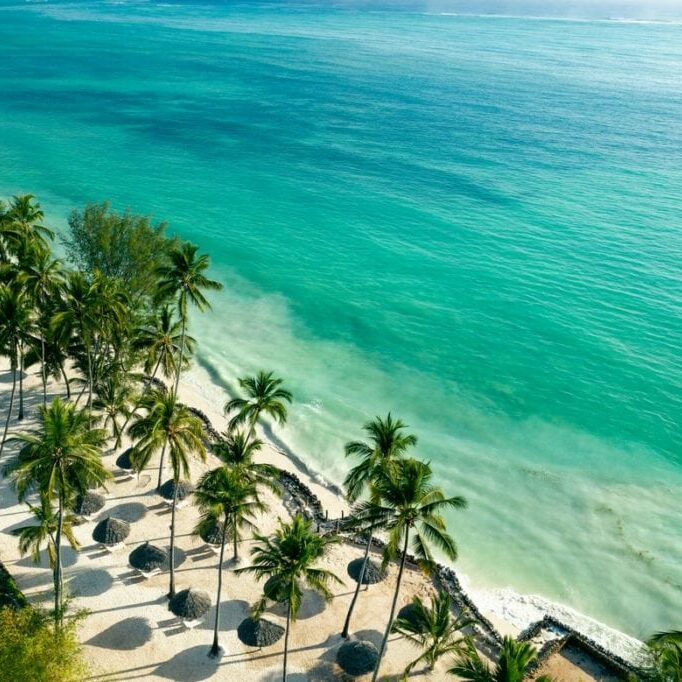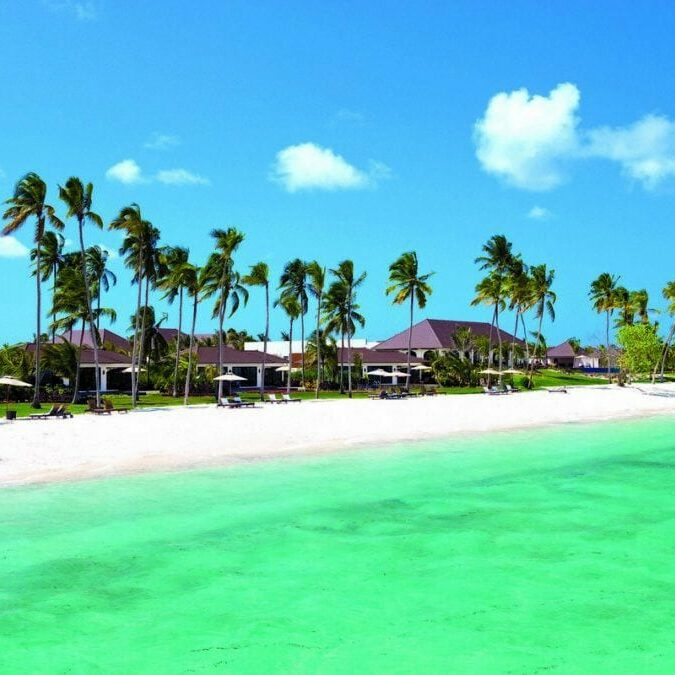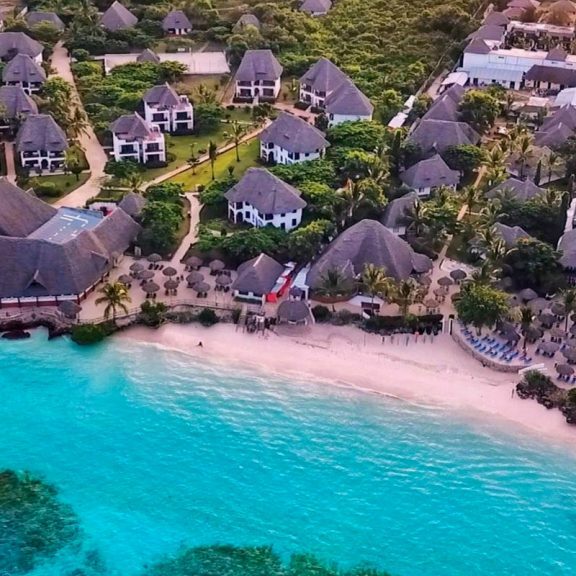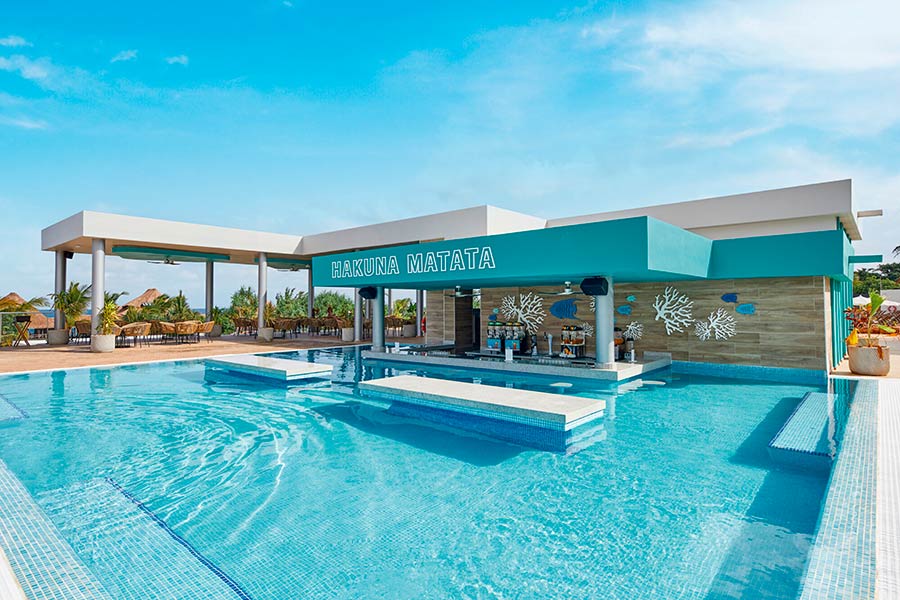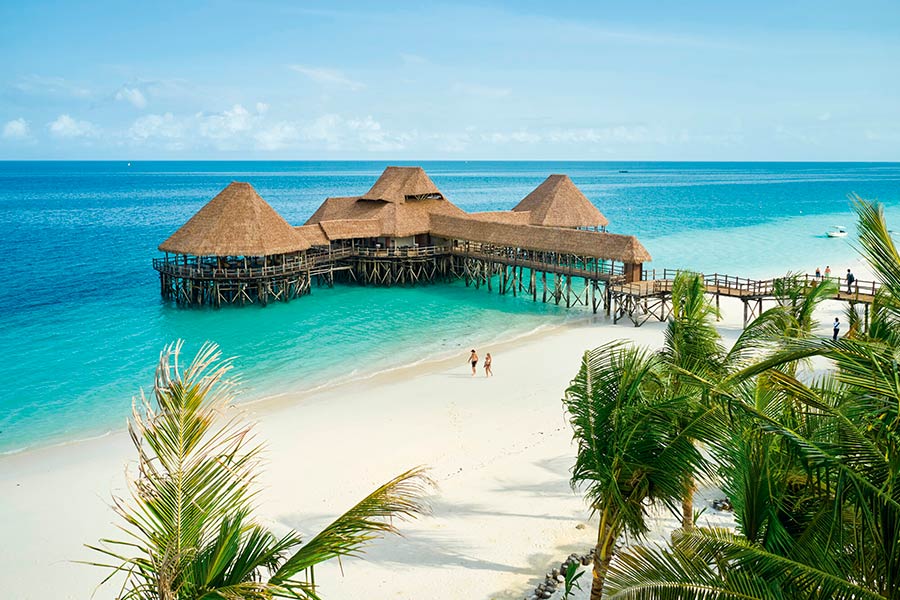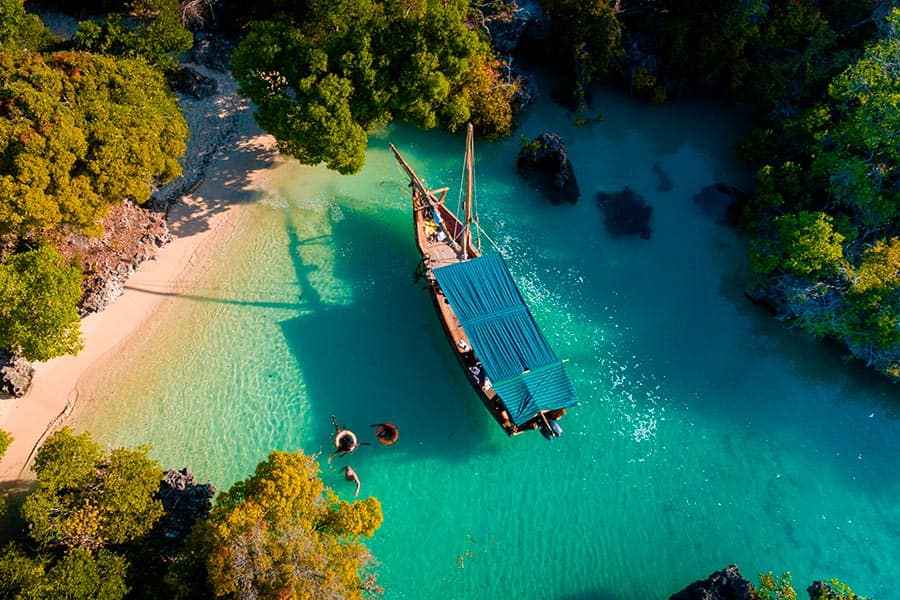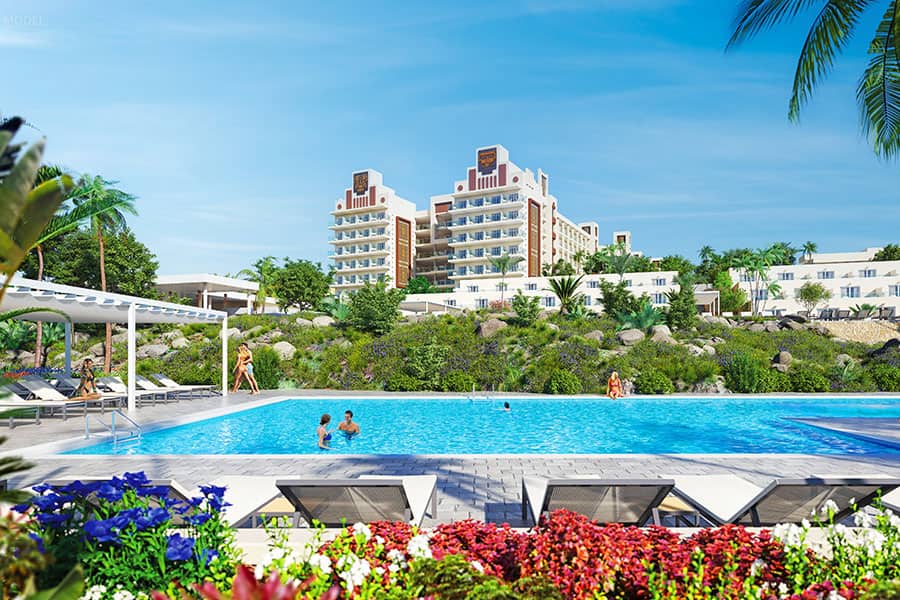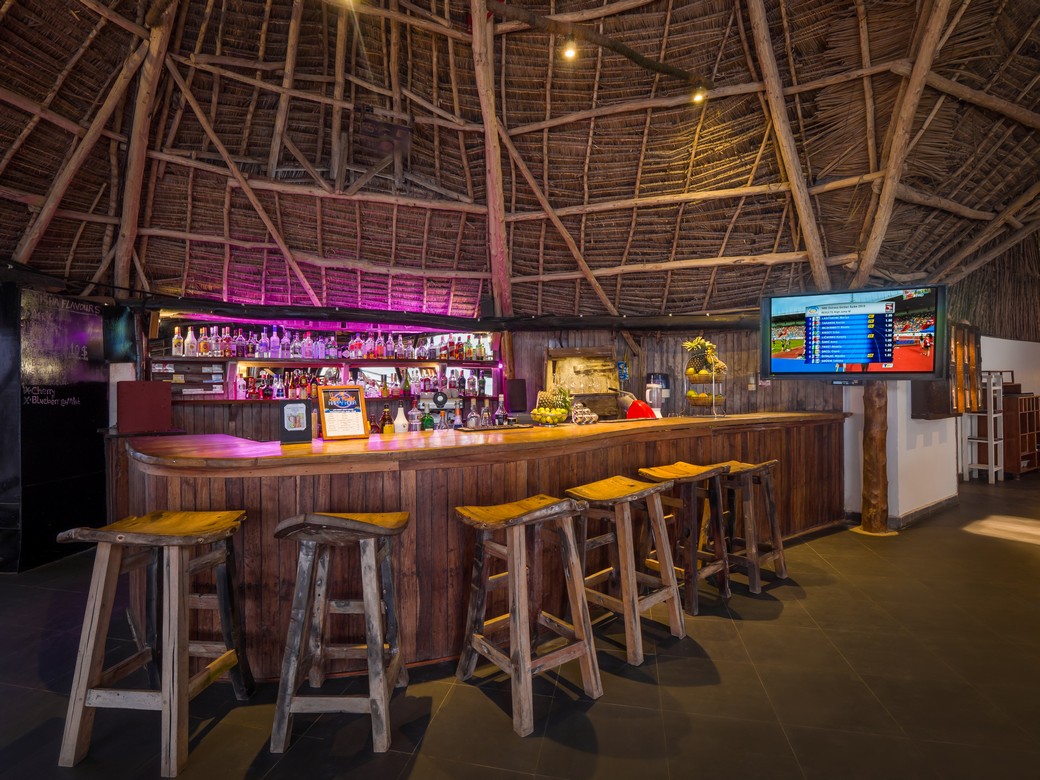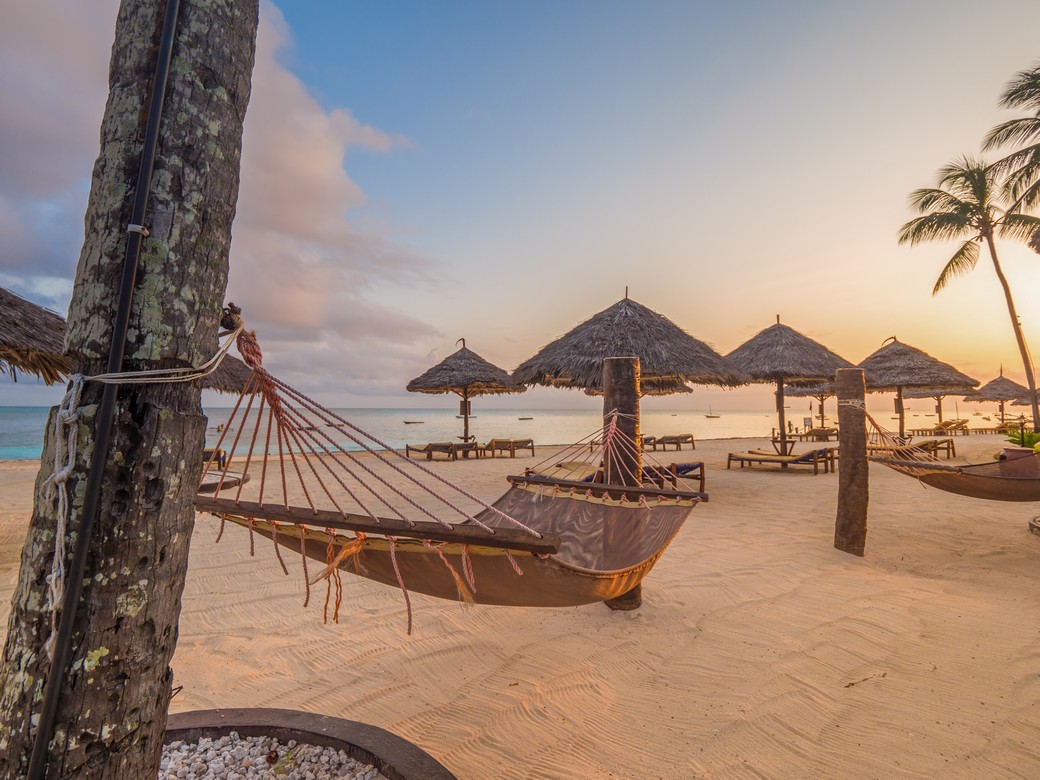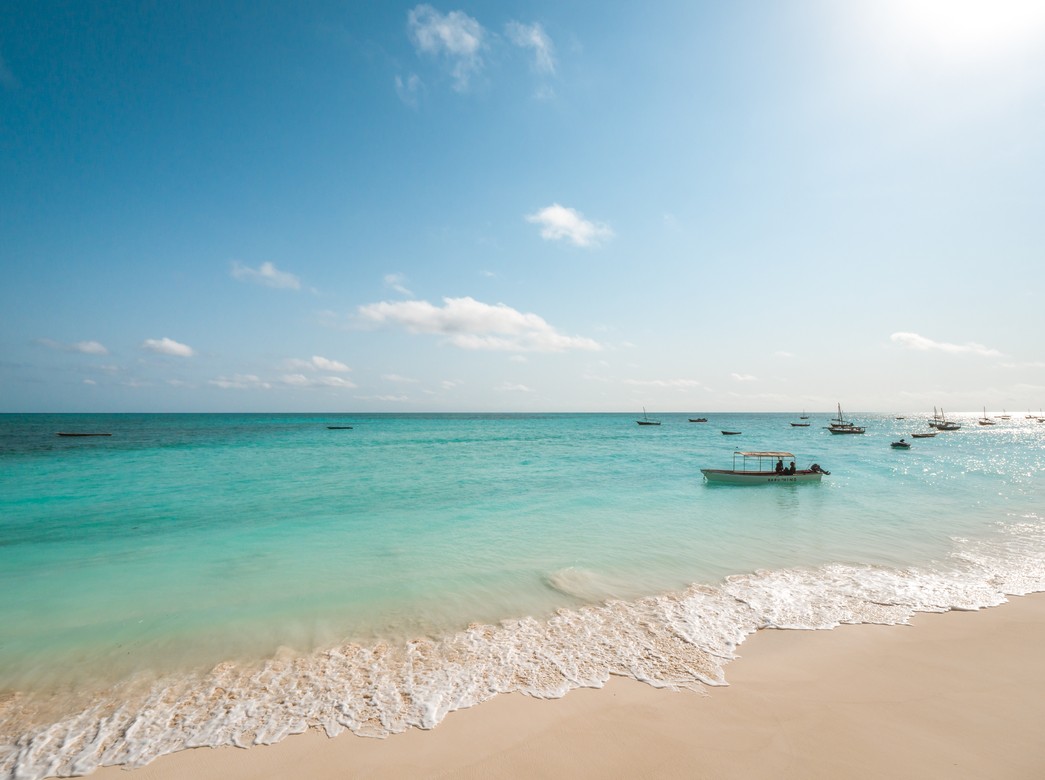Zanzibar Honeymoon Packages
Filter Tours
Filter By Package Type
Filter By Star Rating
About Zanzibar
Zanzibar promises a rich, romantic experience for those adventurous couples looking to honeymoon in an exotic location. Located about 35km off the east coast of Tanzania, Zanzibar is an archipelago consisting of the main island of Unguja (commonly known as Zanzibar), Pemba Island, famous for its deep-sea fishing, and about 50 smaller surrounding islands and coral reefs.
Also known as ‘Spice Island’, Zanzibar is a place like no other. can be traced back to the spice and slave trades and its culture is rooted in the Portuguese, Omani Arab and English traditions. It was an independent country until 1964 when it and several smaller islands became part of the United Republic of Tanzania.
Romance will blossom as you wander the narrow, shaded streets of the capital city Stone Town on a balmy afternoon. With the heady scents of cinnamon, nutmeg and clove in the air, listen to the call to prayer that beckons from one of the city’s 50 mosques.
Its heydey was during the 19th century when the island became the world’s leading producer of cloves; its plantations still produce more than 50 different spices and fruit, and guided spice tours are a Zanzibar speciality.
The chance to relive the allure of long ago can be yours as you and your spouse set sail from Kilele Square in a traditional wooden Dhow for some of the small islands off Stone Town. Explore the natural beauty the island has to offer from your base at one of the island’s idyllic beach resorts. Witness schools of brightly coloured fish as you dive and snorkel among coral reefs or see bottlenose dolphins or the magnificence of cresting whales from a chartered boat trip.
Experience the wildlife haven of the Jozani Forest to view the rare indigenous Red Colobus monkey, or join the many residents of Stone Town as they take a lazy stroll through the refurbished Forodhani Gardens at sunset. It’s an amazing destination!
Zanzibar Basic Information
Electricity
230 volts, 50Hz. Rectangular or round three-pin plugs are used.
Language
Swahili and English are the official languages. Several indigenous languages are also spoken.
Money
The official currency is the Tanzanian shilling (TZS), divided into 100 cents. The tourism industry prices everything in US dollars and this is the preferred unit of currency. Money can be exchanged in larger towns; foreign exchange bureaux may offer a better rate of exchange than banks. ATMs are available in major towns and cities. Major lodges, some hotels and travel agents in urban areas accept credit cards, but these should not be relied on and can incur a surcharge.
Safety
Most visits to Tanzania are trouble free, but violent and armed crime does exist. Travellers are sometimes the victims of mugging and bag snatching (especially by passing cars or motorbikes), and armed robbery and burglary rates have increased throughout the country. Travellers should walk as far away from the road as possible and avoid walking and cycling at night. They should also avoid carrying large amounts of cash or other valuables, and leave their passport in the hotel safe.
As in other East African countries, there is some threat of terrorism in Tanzania, and visitors should be cautious in public places and at tourist sites. The area bordering Burundi should also be avoided. There have been reports of piracy in the Indian Ocean and the Gulf of Aden is a concern, with commercial and tourist vessels being fired upon and several tourists taken hostage.
Road accidents are common due to poor road and vehicle conditions, violation of traffic regulations and exhaustion among long-distance drivers. There have also been a number of ferry accidents in Tanzania in recent years. Travellers should take precautions, such as staying away from buses or ferries that seem overloaded or in poor condition.
Zanzibar Travel Specifics
Health
Visitors should consider vaccinations for hepatitis A, hepatitis B, typhoid, and polio, and proof of yellow fever vaccination is required if visitors are coming from or have transited through an airport of a country where yellow fever occurs. There is a risk of malaria all year and outbreaks of Rift Valley Fever occur; travellers should take precautions to avoid mosquito bites and take malaria medication.
Food prepared by unlicensed vendors should be avoided, as meat and milk products from animals may not have been cooked thoroughly. Sleeping sickness is a risk in the game parks, including the Serengeti, and visitors should take precautions against bites by tsetse flies.
There is a high prevalence of HIV/Aids; cholera outbreaks are common throughout the country and visitors are advised to drink bottled or sterilised water only. Travellers climbing Mount Kilimanjaro are at risk for altitude sickness.
Medical services are available in Dar-es-Salaam and other main towns, but facilities and supplies are limited even in cities and often non-existent in rural areas. Visitors with particular requirements should take their own medicines. Comprehensive travel insurance is advised.
Duty free
Travellers to Tanzania do not have to pay duty on 250g tobacco or 200 cigarettes or 50 cigars and one bottle of alcoholic beverages.
Entry requirements
A visa is issued on arrival, and a passport valid for six months from date of entry is required. Visitors must hold return/onward tickets and all documents required for their next destination.
A visa is issued on arrival, and a passport valid for six months from date of entry is required. Visitors must hold return/onward tickets and all documents required for their next destination. Those with British passports with endorsements other than ‘British Citizen’ should confirm official requirements. Visitors with ‘British Overseas Territories Citizen’ shown on the biodata page are visa exempt for 90 days.
A visa is issued on arrival, and a passport valid for six months from date of entry is required. Visitors must hold return/onward tickets and all documents required for their next destination.
A visa is issued on arrival, and a passport valid for six months from date of entry is required. Visitors must hold return/onward tickets and all documents required for their next destination.
South Africans do not require a visa if intending to stay for a maximum of up to 90 days, provided that the passport is valid for six months from date of entry. Otherwise, a visa is required for longer stays. Visitors must hold return/onward tickets and all documents required for their next destination. Business travellers will be required to pay a fee of $200 on arrival.
A visa is issued on arrival, and a passport valid for six months from date of entry is required. Visitors must hold return/onward tickets and all documents required for their next destination.
A visa is issued on arrival, and a passport valid for six months from date of entry is required. Visitors must hold return/onward tickets and all documents required for their next destination.
Passport & Visa
All visitors to Tanzania require proof of sufficient funds and should hold documentation for their return or onward journey. Passports should be valid for at least six months from date of entry. Most visitors entering will require a visa as well. Those arriving from an infected country must hold a yellow fever vaccination certificate. It is highly recommended that travellers’ passports have at least six months’ validity remaining after the intended date of departure from their travel destination. Immigration officials often apply different rules to those stated by travel agents and official sources.
Climate in Zanzibar
Zanzibar is warm throughout the year, though the heat at the coastal resorts on the north and east coasts is tempered by sea breezes. Stone Town and the centre of Zanzibar Island have showers throughout the year, and there are heavy showers throughout the island in April and May, when most tourists avoid the island, and hotels close. Temperatures average between 72F (22C) and 92F (33C) throughout the year.
Zanzibar Customs & More
Tipping
Waiters in the better restaurants should be tipped around 10 percent; guides, porters and cooks in the wildlife parks and on safari trips usually receive tips as well. The amount is discretionary according to the standard of service and the number of people in the travelling party.
Local customs
Tanzanians are known to be friendly and generally welcoming, but travellers should be sensitive to local cultural mores. Drunkenness is frowned upon and Tanzanians feel strongly about showing respect for their elders.
Visitors to Zanzibar should be aware that it is a predominantly Muslim region and visitors should dress modestly and respectfully. Beachwear is fine on the beach or around a hotel pool, but not acceptable elsewhere. Topless sunbathing is a criminal offence. Some tourists buys a local sarong, called a kanga, which can be used to cover shoulders when needed, or otherwise be used as a towel.
Smoking in public places is illegal. Tourists should be especially careful during Ramadan, when public drinking, smoking and even eating in public should be avoided. Homosexuality is illegal.
Doing business
Although Tanzanians come across as relaxed and friendly, it is important to observe certain formalities, especially with greetings. It is advisable to learn a few Swahili phrases when greeting, followed by a handshake.
Women and men rarely shake hands in Swahili culture; however, if the woman extends her hand, the man is obliged to take it. Tanzanians are to be addressed as Mr, Mrs, and Ms, followed by the family name.
Business dress is seldom very formal but lightweight suits are recommended for formal occasions. Business hours are similar to Western countries, but a longer lunch break is taken during the hotter months, and business continues later in the evening from Monday to Friday.
Communications
The international country dialling code for Tanzania, as well as Zanzibar, is +255. There is good mobile phone coverage in main cities and towns, while rural areas may have limited coverage. There are international roaming agreements with most international operators. WiFi is available in main towns and resorts; visitors can purchase local prepaid SIM cards for unlocked phones.
Zanzibar Airport
Zanzibar Airport (ZNZ)
Location
The airport is located three miles (5km) south of Stone Town
Getting to the city
Taxis are available at the terminal. Some hotels in Stone Town offer shuttle services from the airport.
Time
Local time is GMT +3.
Car rental
Travellers can rent cars from Zan Island Car Rental, Kibabu Cars Zanzibar, Zanzibar Express Car Hire and Zanzibar Best Car Rental.
Airport Taxis
There is a taxi rank at the terminal. Taxis will have a set list of prices, though travellers can negotiate them down.
Facilities
The airport’s limited facilities include small shops selling souvenirs, gifts, snacks, and beverages.
Parking
There is limited parking space at the airport.
Zanzibar & Stone Town Attractions
Most travellers visit the destination for a beach vacation, and Zanzibar’s beaches alone more than justify the trip. The northern beaches of Zanzibar are particularly celebrated for their beauty, and excursions to Pemba Island and Mafia Island are a treat for beachgoers.
Other tourist favourites include Kendwa Beach and Nungwi Beach, which are close together on the northwestern tip of the island, and have good resort facilities; Uroa Bay, in the middle of the east coast, which still retains a pleasant local flavour; Paje Beach, on the east coast, is said to be the best spot on Zanzibar for kite surfing; Nakupenda Beach, accessible by a short boat trip from Stone Town, which is pristine and usually deserted, a true paradise beach; and the beaches of Changuu Island (Prison Island), where beach lounging can be combined with a visit to the old quarantine centre and the resident giant tortoises. It is possible to arrange many different water sports and boat trips, and the scuba diving and snorkelling is world-class.
Zanzibar is more than just picturesque beaches, though, as the Islamic heritage infusing the island with an exotic, ancient atmosphere, and the legacy of the slave trade ensure some historical interest.
Ratings and Reviews
Have you stayed in Zanzibar and want to share your experience, we'd love to hear it and share it. Please reach out and tell us all about it.

